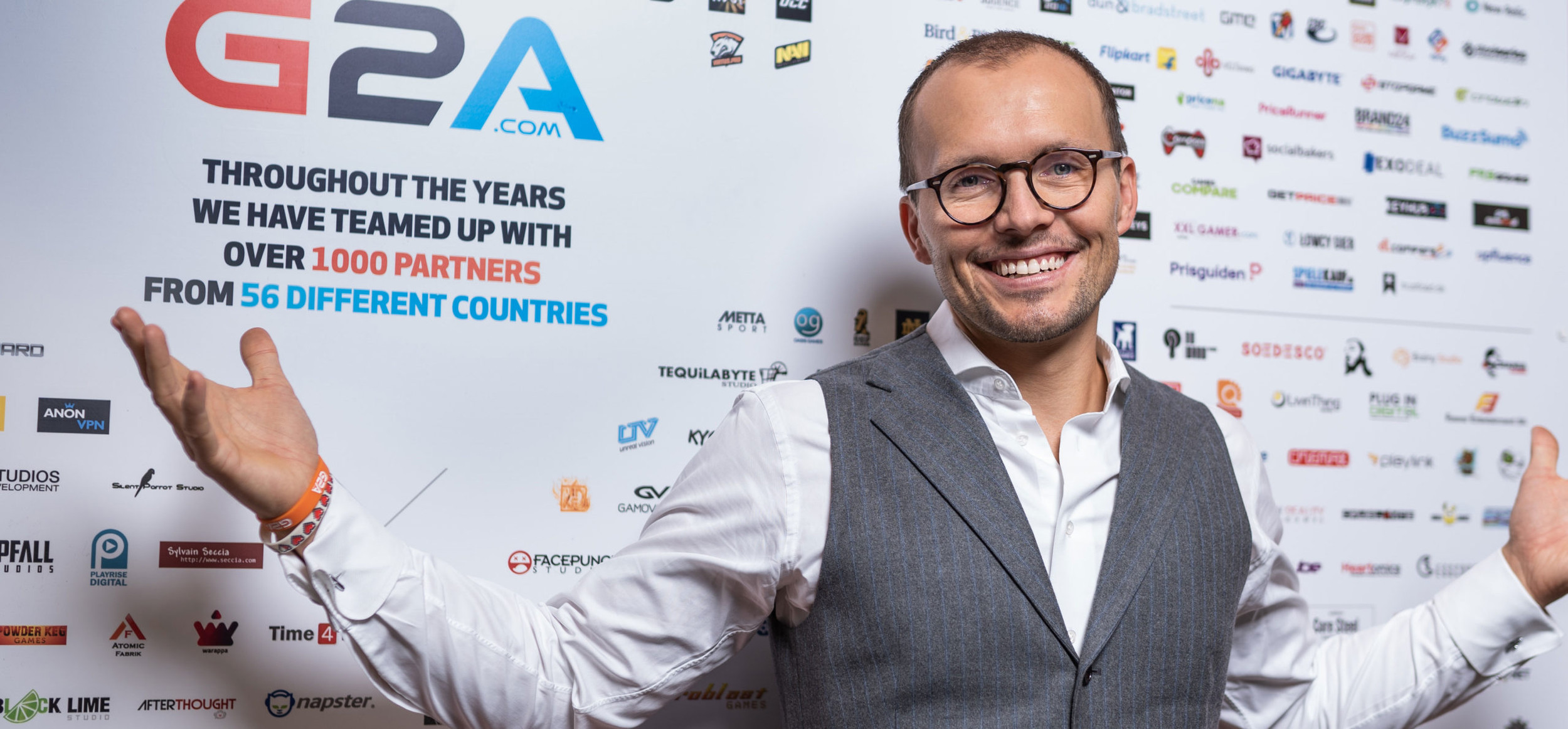
Over the past few years, the gaming sector has faced significant challenges. It’s safe to say it’s been more stormy than calm. We’ve seen mass layoffs, studio shutdowns, numerous project cancellations, and an abundance of controversies from all sides. This turbulent period has affected gamers and industry professionals globally.
A noteworthy organization, G2A, which stands as the world’s leading platform for digital gaming goods, is demonstrating a forward-looking attitude regarding the upcoming period. Not long ago, I had the chance to reconnect with Bartosz Skwarczek, the CEO and Co-founder of this company, to discuss his enthusiasm for the coming year.
‘Gearing Up For a Breakthrough’
In light of the challenges we’ve faced over the past two years, I was quite curious about Bartosz’s perspective on the games industry in 2025. This could potentially be one of the most financially successful years yet, with some major hardware releases and blockbuster titles expected to come out.
Looking back at the hurdles we’ve faced over the past couple of years, 2025 presents promising opportunities for expansion, as advancements continue to propel us forward. We’ve had a fresh start, and the sector is primed for groundbreaking developments. I have no doubt that the gaming industry will witness a resurgence soon.
As we anticipate groundbreaking hardware like the upcoming Nintendo Switch 2, and eagerly await game launches such as Death Stranding 2, Ghost of Yotei, Monster Hunter Wilds, Last Sentinel, and the long-awaited Grand Theft Auto VI, the gaming industry is on the verge of a significant leap forward.
A field that’s predicted to thrive and expand significantly over the coming year is the application of Artificial Intelligence in gaming. It’s not a hidden fact that many developers have already incorporated AI-based operations and guidelines within their structures, but Bartosz suggests this is merely the start.
There’s a lot of excitement surrounding upcoming video games, but an equally intriguing trend is the increasing use of artificial intelligence in game development. A study by CVL Economics shows that the gaming industry has been quicker to adopt generative AI than other creative fields like television, movies, or music.
This innovative technology brings about significant advantages, such as quicker production of assets, flexible content and narrative development, and enhanced financial security for creators. Yet, it’s important to acknowledge that there are potential difficulties, mainly surrounding the impact on employment in the gaming sector. As automation alters conventional work patterns, it stirs debates about the future of creative positions. Maintaining a balance between fostering innovation and ensuring workforce longevity will be crucial as the industry undergoes change.
I was equally interested in hearing Bartosz’s perspective regarding the layoffs that have become frequent and prevalent throughout our sector for the past few years. It seems like no one is immune these days, and the extensive wave of job losses has left a significant mark on our industry, casting a shadow over the market.
Read More
- Top 8 UFC 5 Perks Every Fighter Should Use
- Unlock the Magic: New Arcane Blind Box Collection from POP MART and Riot Games!
- Unlock the Best Ending in Lost Records: Bloom & Rage by Calming Autumn’s Breakdown!
- Unaware Atelier Master: New Trailer Reveals April 2025 Fantasy Adventure!
- How to Reach 80,000M in Dead Rails
- Unlock Roslit Bay’s Bestiary: Fisch Fishing Guide
- Unleash Hell: Top10 Most Demanding Bosses in The First Berserker: Khazan
- REPO: How To Fix Client Timeout
- Reverse: 1999 – Don’t Miss These Rare Character Banners and Future Upcoming Updates!
- How to Unlock the Mines in Cookie Run: Kingdom
2025-01-21 20:17